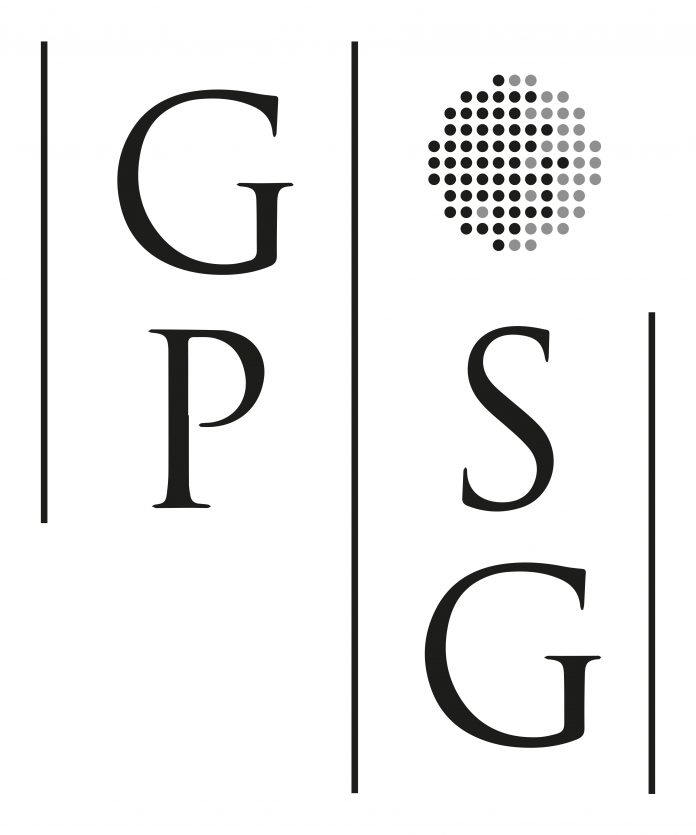2013 – GPSG Competition: Best Paper Prizes at the 6th LSE Hellenic Observatory PhD Symposium
GPSG Paper Competition 2013
Best Paper Prizes at the 6th Biennial Hellenic Observatory Symposium on Contemporary Greece & Cyprus
London School of Economics, 6-7 June 2013
Continuing its tradition of supporting and showcasing the work of young scholars, the Greek Politics Specialist Group (GPSG) recently launched a competition for the two best papers to be presented at the 6th Biennial PhD Symposium organised by the LSE Hellenic Observatory. Our competition received an excellent response and the panel of judges evaluated more than 30 papers of high standard, demonstrating the robust state of graduate and doctoral research on Greek and Cypriot politics, government and society.
We are delighted to announce that the prizes for the two best papers have been awarded to:
GPSG Best Paper Prize 2013
Katerina Loukidou (PhD Candidate, University of Athens) for her paper entitled ‘Formal and informal civil society associations in Greece: two sides of the same coin?’
Abstract: The paper examines key characteristics of civil society’s formal and informal aspects, through personal interviews with leaders and members of various associations in Thessaloniki. It explores the criteria for the selection of the operational type and focuses on the impact of the economic crisis to both formal and informal organizations. It concludes that, when it comes to activity or membership variations, there is no relationship between the economic crisis and the organizations’ form.
GPSG Best Paper Prize 2013
Ioanna Ntampoudi (PhD Candidate, Aston University) for her paper entitled ‘The Eurozone Crisis and the Politics of Blaming: Narratives, Identities and Discursive Patterns’
Abstract: The present paper investigates the public discourse that surrounds the Eurozone crisis and its management in search for an understanding of the cultural politics that have characterised it. Through a critical discourse analysis of media and elite rhetoric, the various ways that both German and Greek citizens are constructed as prototypical representatives of Core Europe and Periphery Europe, respectively, are explored. Furthermore, the ways that both Germans and Greeks are represented as distinct ‘nations’ and monolithic ‘cultures’ and constructed as either malicious ‘villains’ or innocent ‘victims’ are analysed and questioned. The analysis identifies two main tendencies, namely the trend towards essentialisms and the pattern of binary oppositions. These two linguistic and intellectual tendencies are intimately involved in an on-going process of identity formation with significant political implications, particularly for the distinctly normative conceptions of national and European identities.
The judges commended both papers for their clarity, originality and innovation. Each winner will receive a monetary prize of £150. The two papers will also be published shortly as part of the GPSG Working Paper Series. The GPSG Executive Committee would like to congratulate the two winners and thank all applicants for making this such a vibrant contest.


